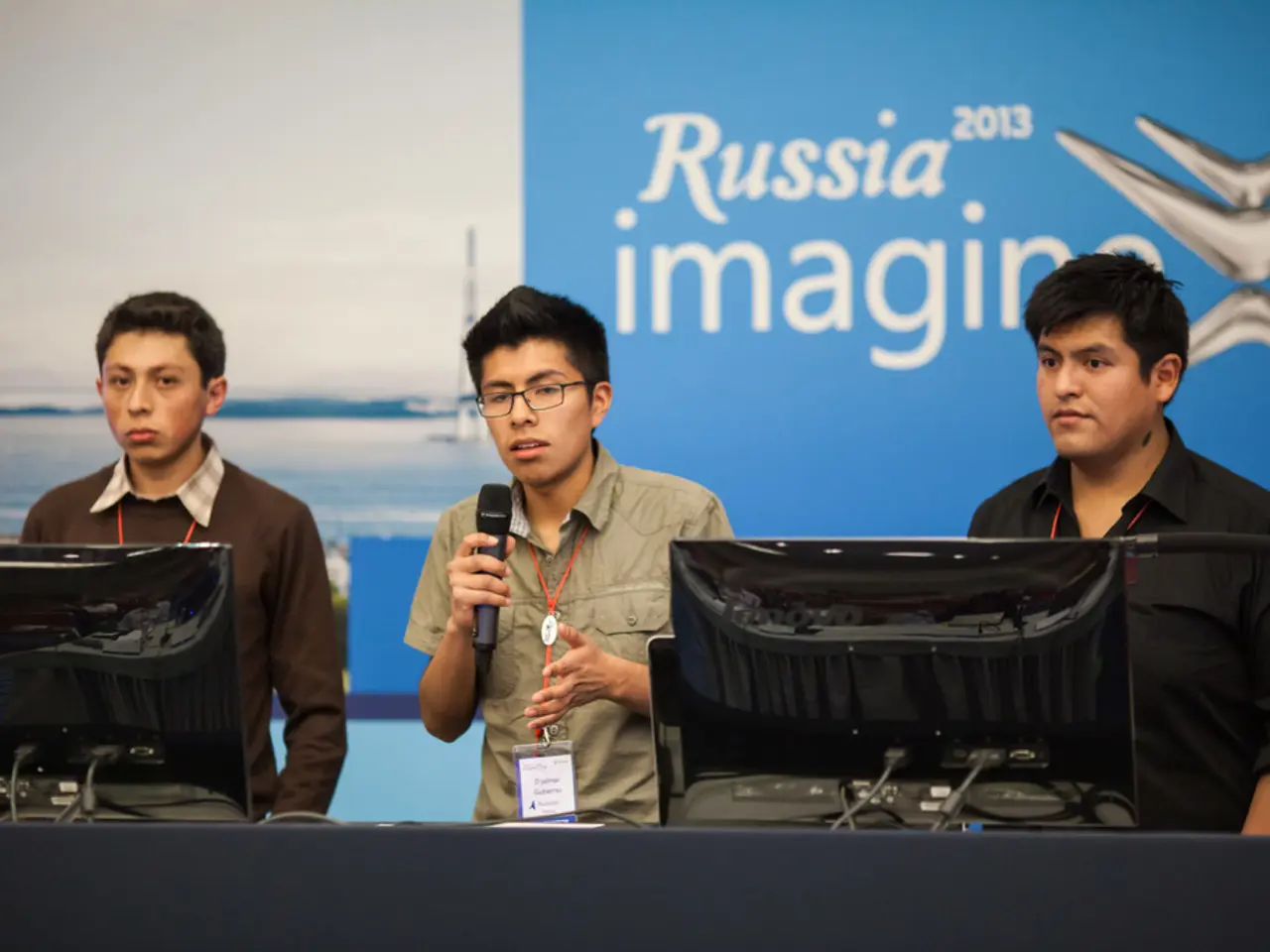Strengthening Female Farmers for Food Stability in Agriculture
India is taking significant strides to promote gender-inclusive agriculture, aiming to address the unique challenges faced by women farmers. The country's policy interventions are designed to empower women, increase productivity, and create a more equitable rural economy.
Recognition of Women's Contributions and Empowerment Initiatives
Institutions like ICAR-CIWA are at the forefront of empowering women in agriculture. They support gender-equitable sustainable farming practices and facilitate women's participation in agricultural decision-making and technology development.
Joint Land Titles and Secure Land Rights
Grassroots organizations such as MAKAAM advocate for joint land ownership between men and women farmers. This initiative aims to increase women's control over productive resources, a critical step towards their empowerment and access to credit.
Targeted Financial Credit and Capacity Building
Special agricultural credit lines and capacity building programs focus on women-led eco-enterprises and skill development in sustainable farming, digital tools, and climate-smart practices.
Gender-Responsive Agricultural Extension and Technology Support
There's a push for gender-inclusive extension services and development of gender-neutral farm machinery. This move aims to make technologies accessible and usable by women farmers, overcoming traditional gender biases in agricultural systems.
Inclusion in Decision-Making and Governance
Enhancing women’s representation in local governance bodies (panchayats and block levels) ensures their voices influence agricultural and climate policies.
Digital Inclusion Efforts
Interventions through platforms like Digital Green, e-NAM, and Kisan Suvidha aim to improve rural women's digital literacy and market connections, facilitating access to information, input markets, and e-governance services.
Scaling Feminist Agroecology Frameworks
Proposals for a National Mission on Feminist Agroecology aim to institutionalize women’s leadership roles in sustainable, climate-resilient agriculture.
Bundling Socio-Technical Innovations
Integrated intervention packages combine social, technical, and technological innovations in Indian agricultural projects to both mitigate climate change impacts and challenge harmful gender norms restricting women's access to resources and services.
Support for Tribal and Rural Women as Resilience Builders
Training tribal women in vermicomposting, natural farming, agroforestry, and community forest management increases their agency, income, and leadership in climate-adaptive practices.
While India's efforts are commendable, challenges remain in fully integrating these policy interventions into national frameworks and ensuring scale and sustainability. For instance, women in India receive only 7% of institutional agricultural credit, and mechanization suites in India are sized for male anthropometrics, limiting research and development on gender-friendly tools.
Elsewhere, the Philippines has implemented gender-responsive budget tagging across agricultural line items, aiming to increase farm output, improve household nutrition, and create a more inclusive rural economy. In Kenya, SMS-based climate advisories have doubled women's maize yields. However, challenges such as heat-stress illnesses and longer water-collection times continue to reduce women's productive hours in India.
The onus is on policymakers to convert these proposed reforms into impact before the triennium of opportunity slips by. Disaster relief norms in India treat women as "dependants", not primary producers, a gap that needs urgent attention. Maternity benefits and creche facilities are absent in MGNREGS worksites during peak agricultural seasons, another area requiring immediate action.
In conclusion, India's journey towards gender-inclusive agriculture is a work in progress. While significant strides have been made, much remains to be done to ensure women farmers reap the full benefits of these initiatives. The future lies in continued innovation, policy reform, and a sustained commitment to gender equality in agriculture.
[1] ICAR-CIWA [2] MAKAAM [3] Digital Green [4] e-NAM [5] Kisan Suvidha
- The Indian government's strategy to promote gender-inclusive agriculture involves strengthening institutions like ICAR-CIWA, which focus on empowering women in agriculture, supporting gender-equitable practices, and facilitating women's participation in decision-making and technology development.
- To ensure women farmers have control over productive resources, grassroots organizations like MAKAAM advocate for joint land ownership between men and women farmers, a policy that is crucial for their empowerment and access to credit.
- The government's policy interventions also include targeted financial credit and capacity building programs, which focus on women-led eco-enterprises, skill development in sustainable farming, digital tools, and climate-smart practices.








